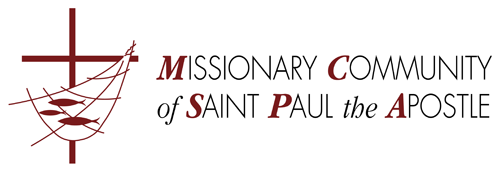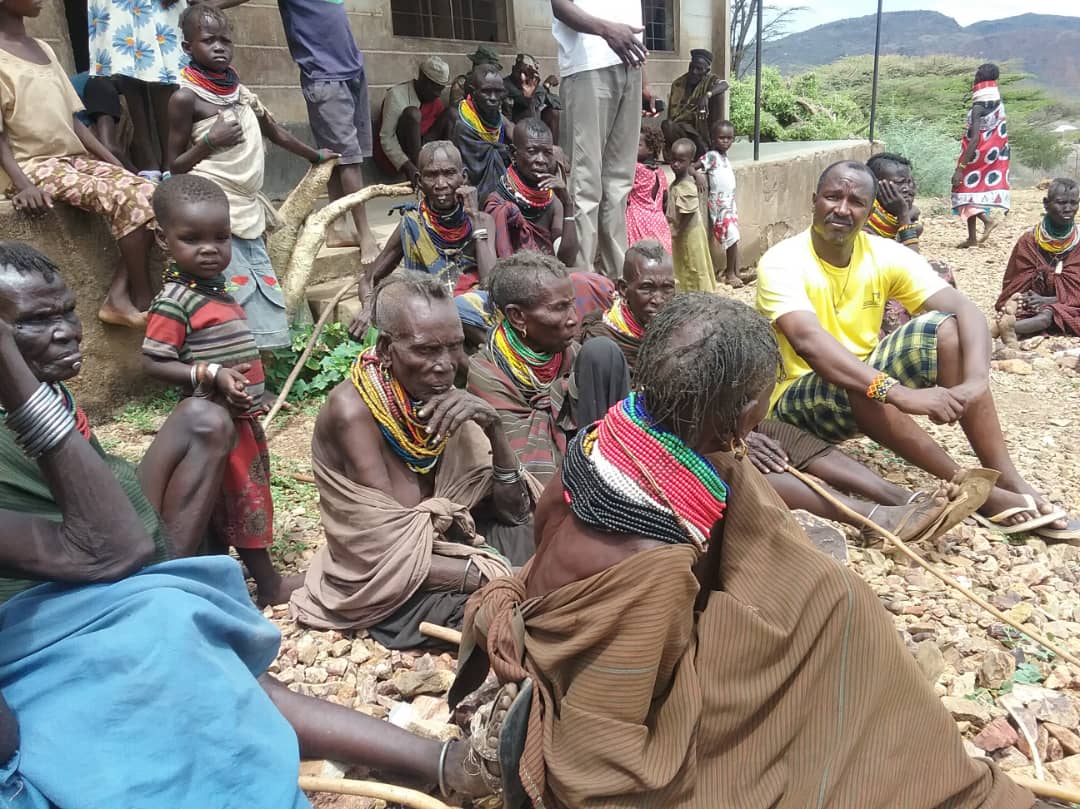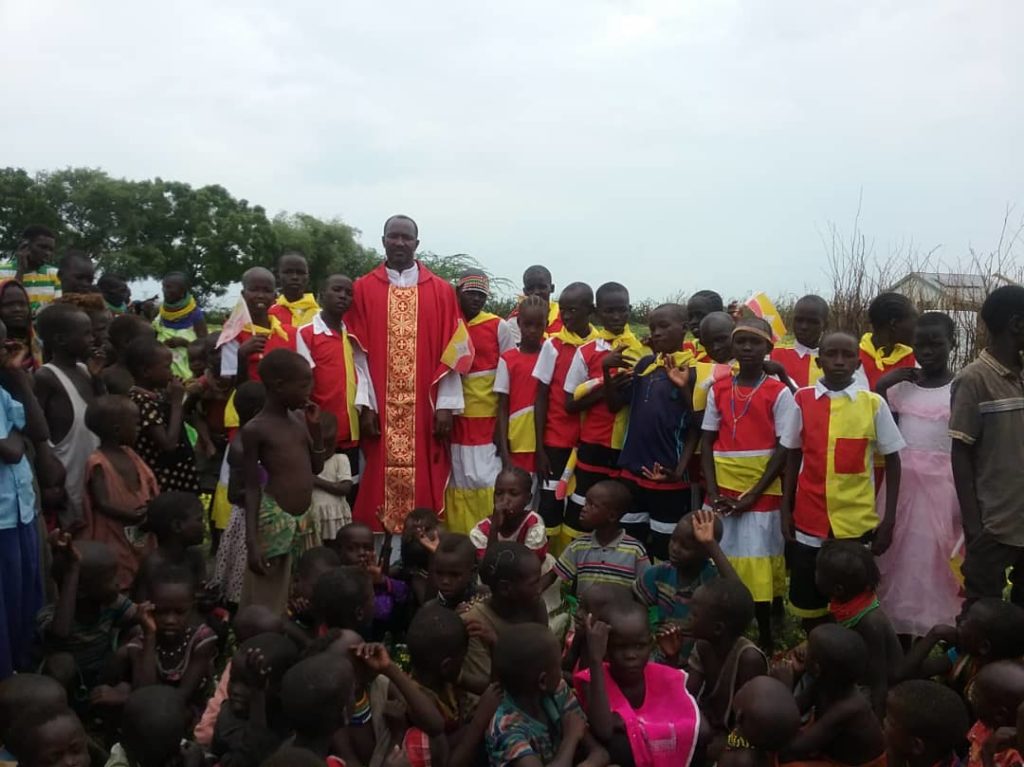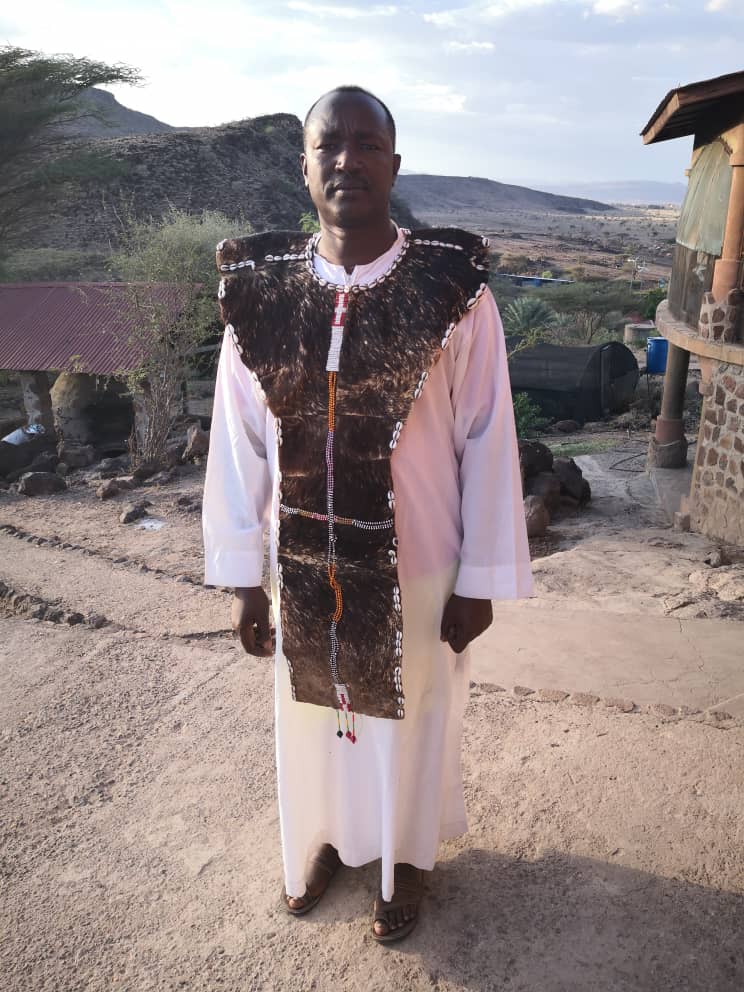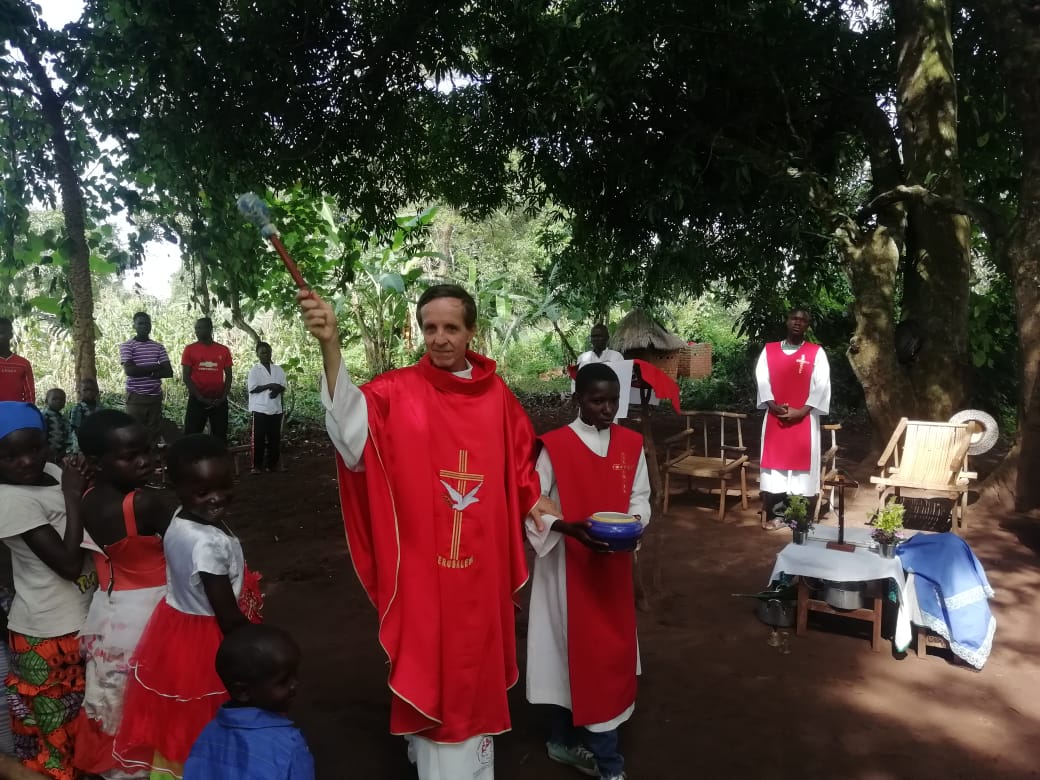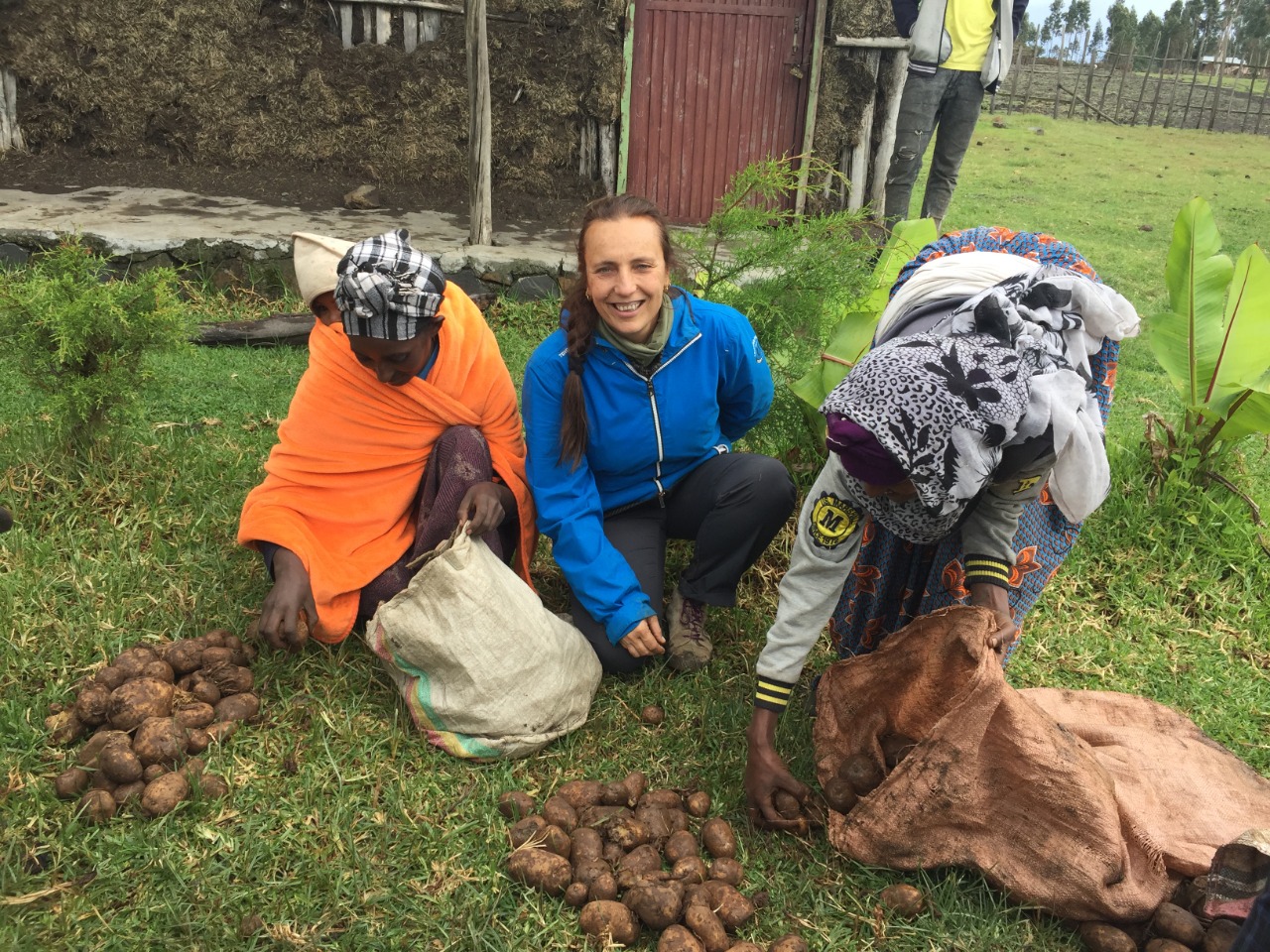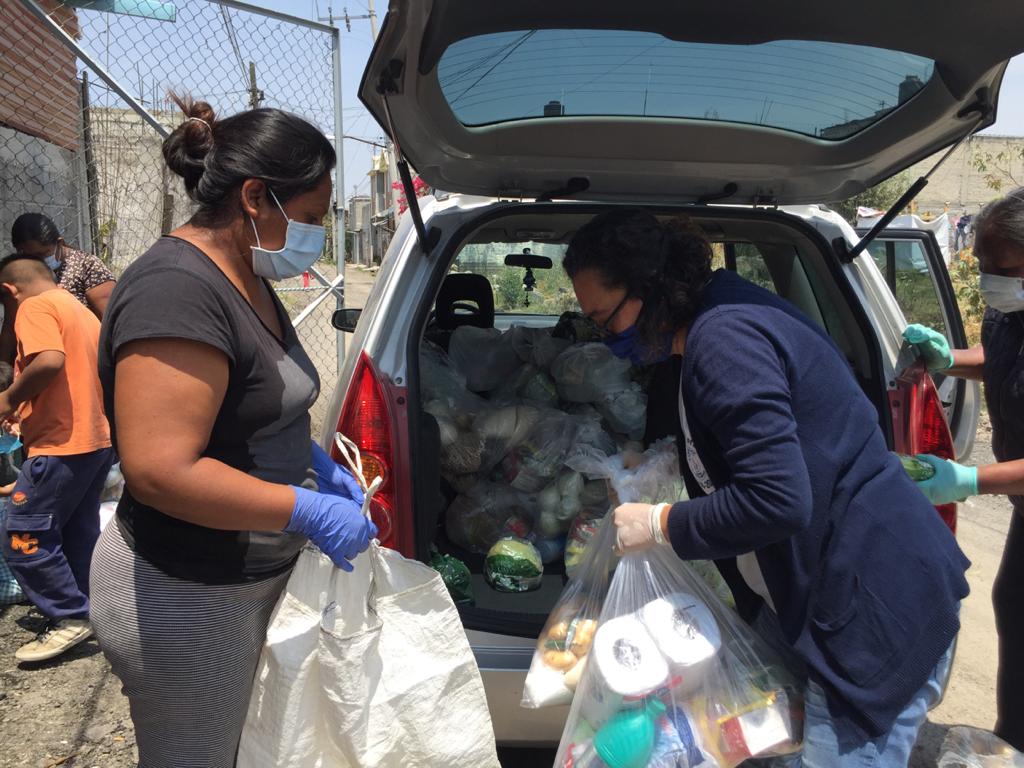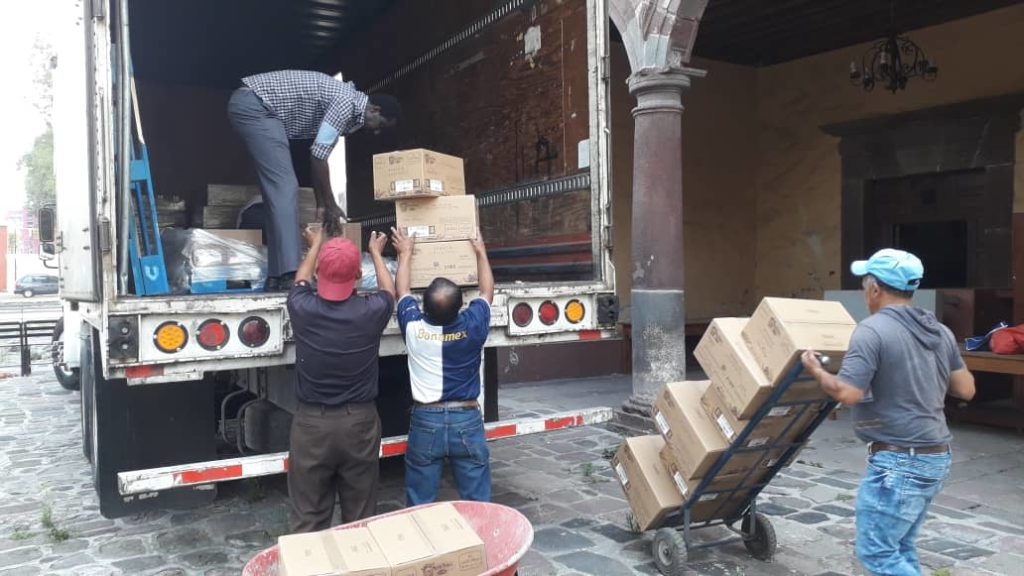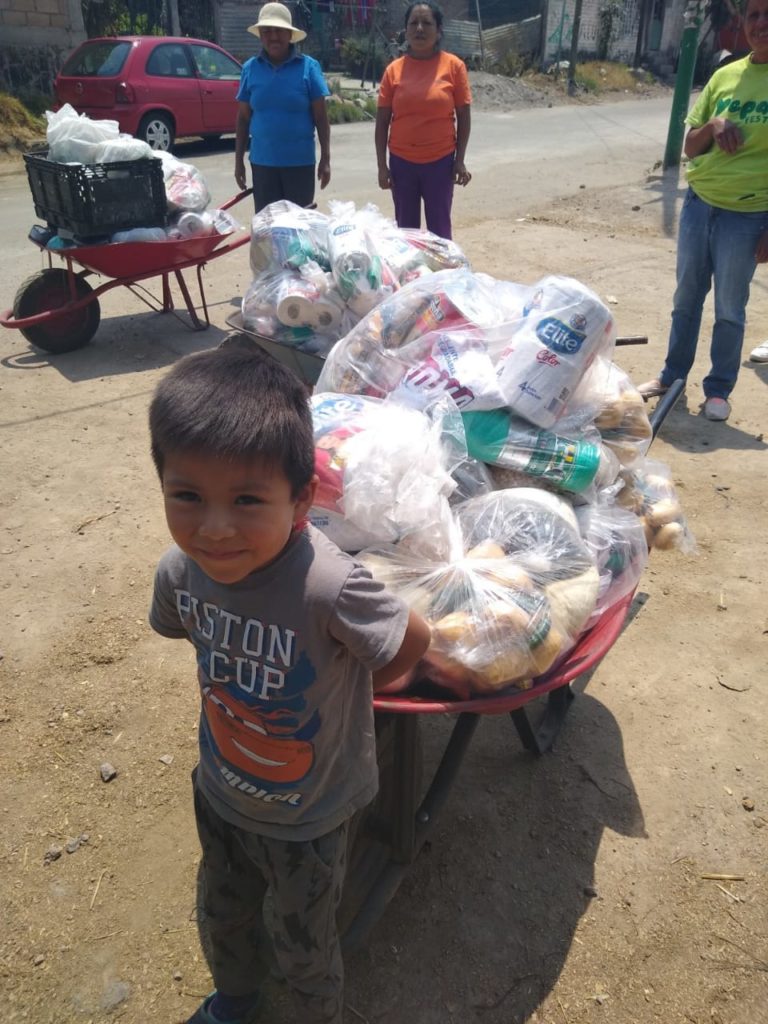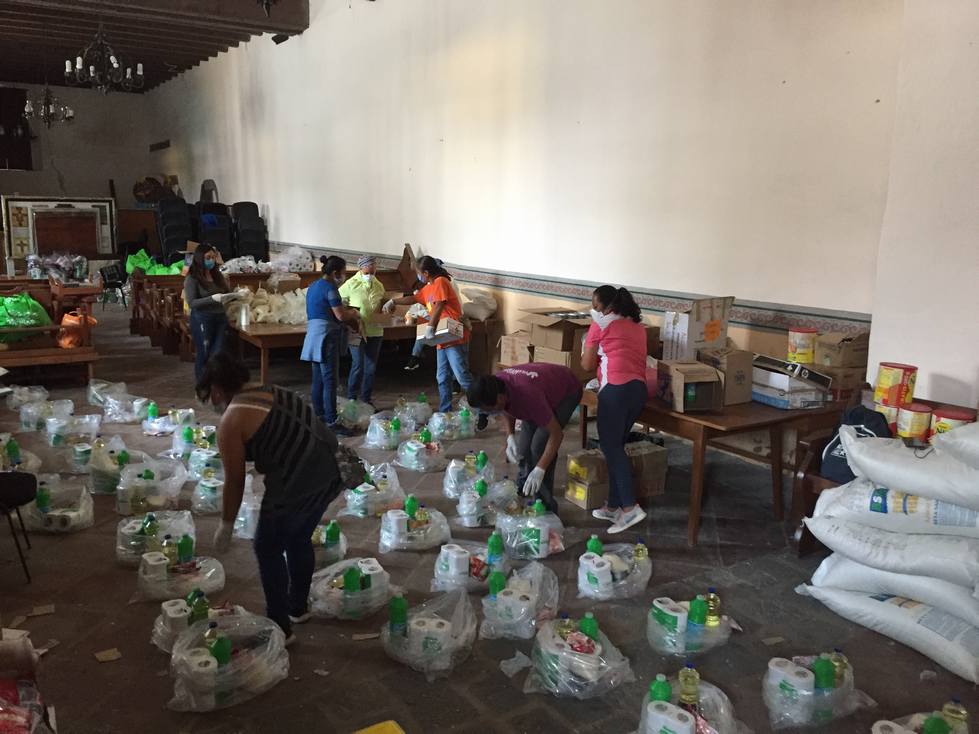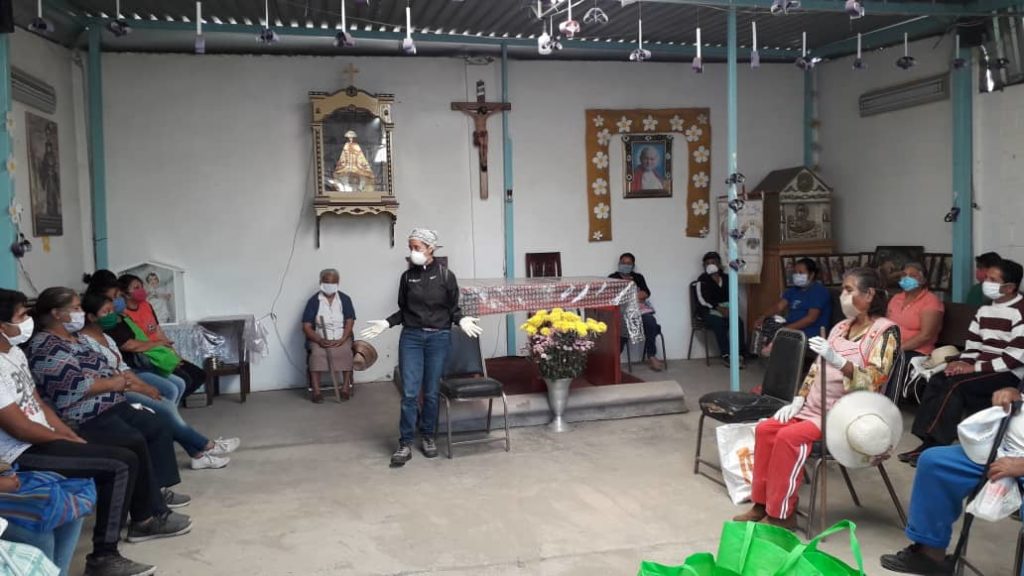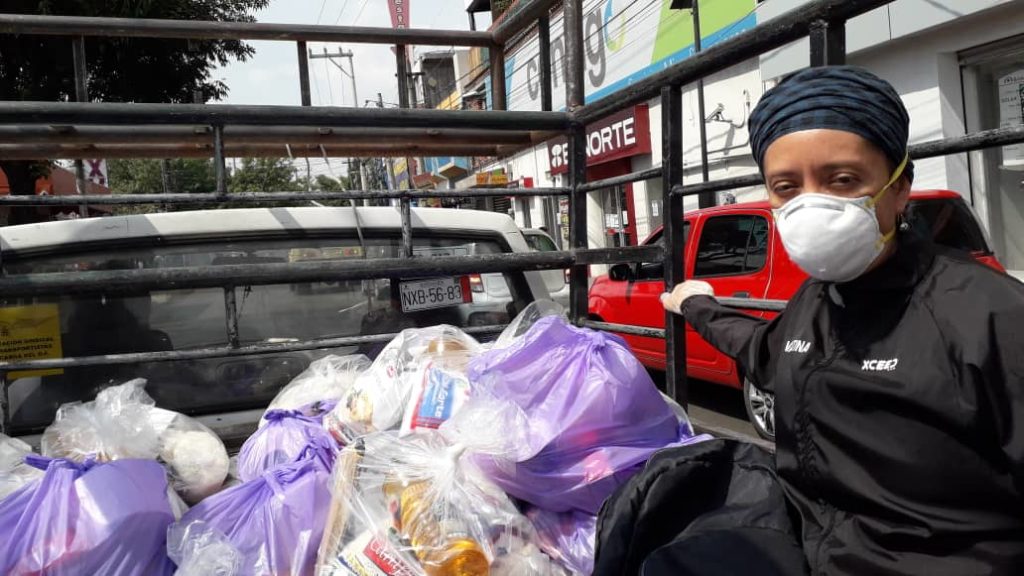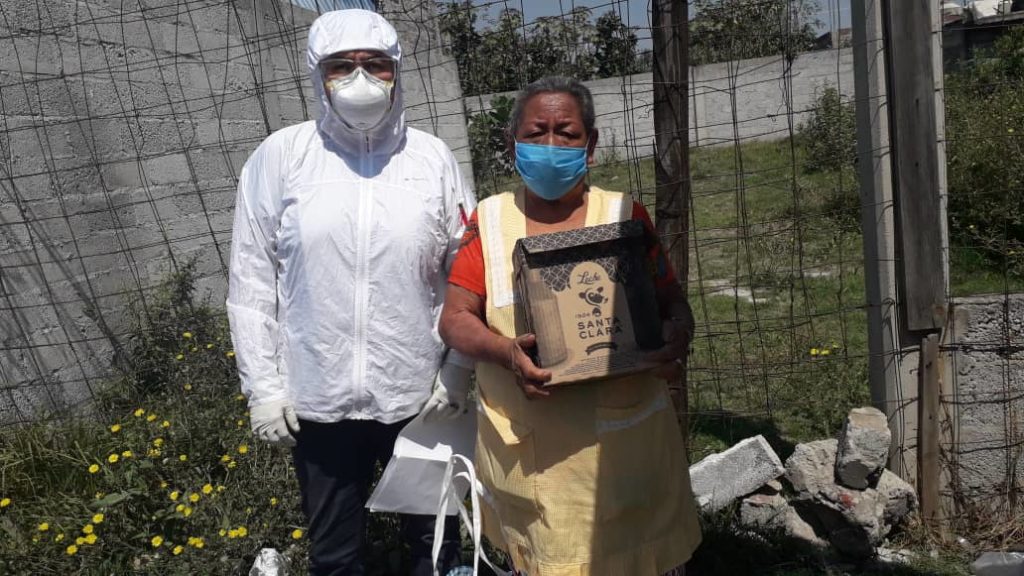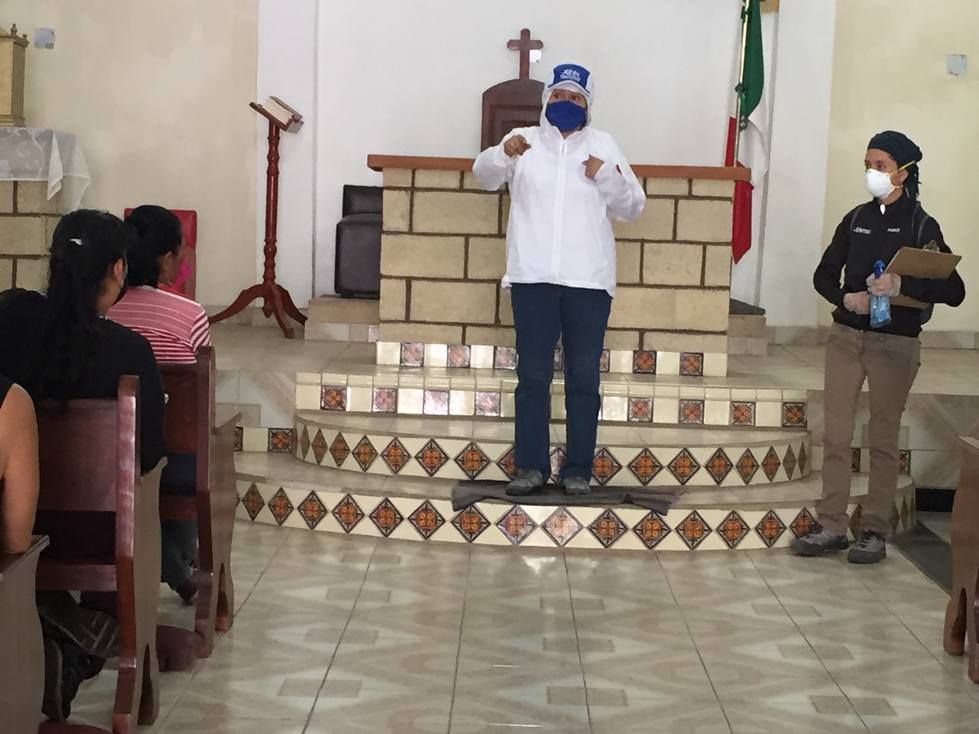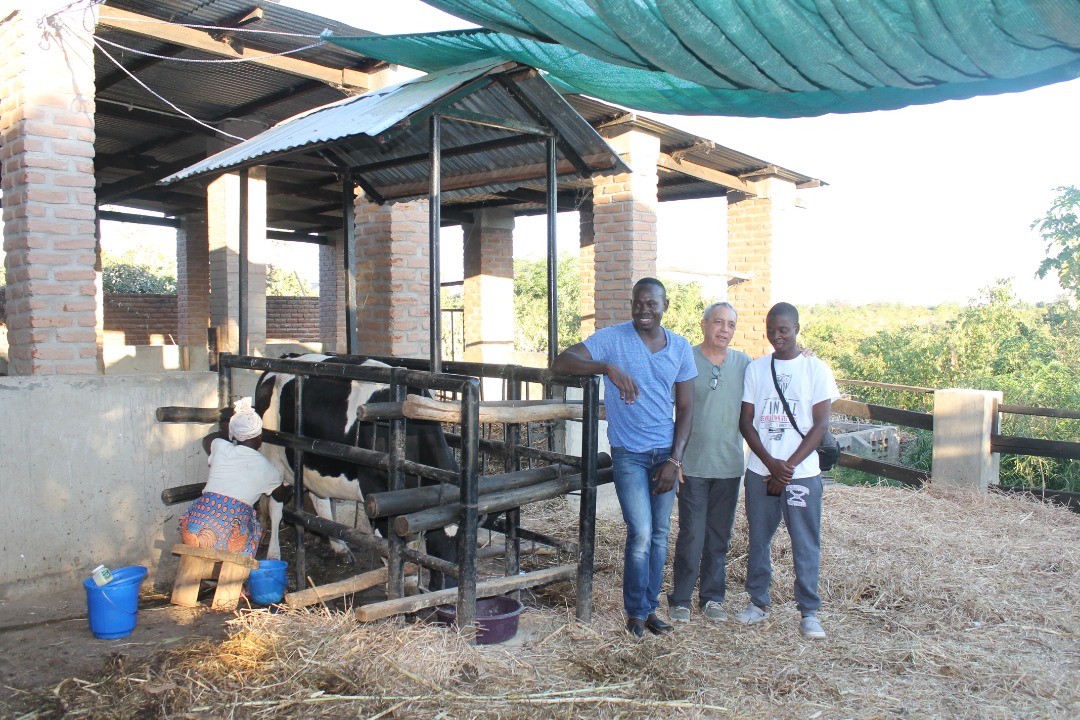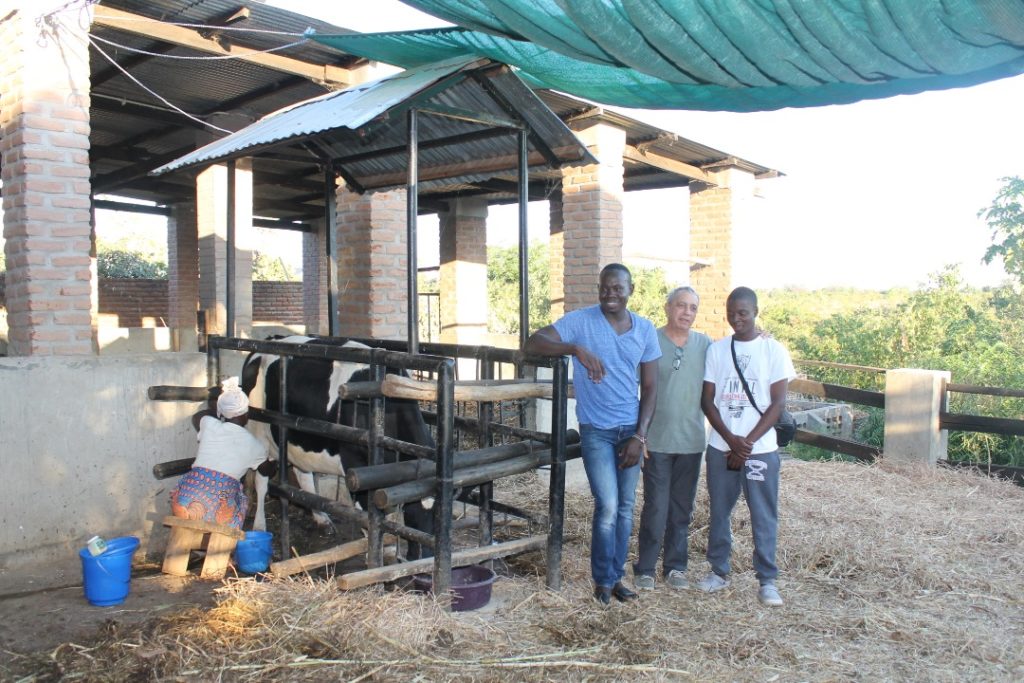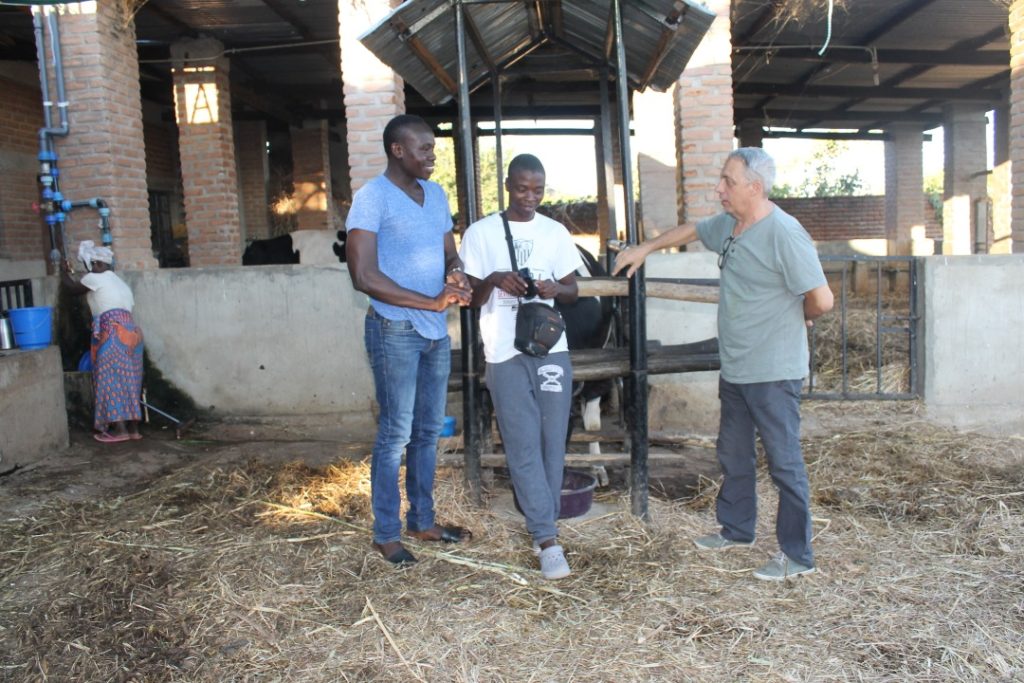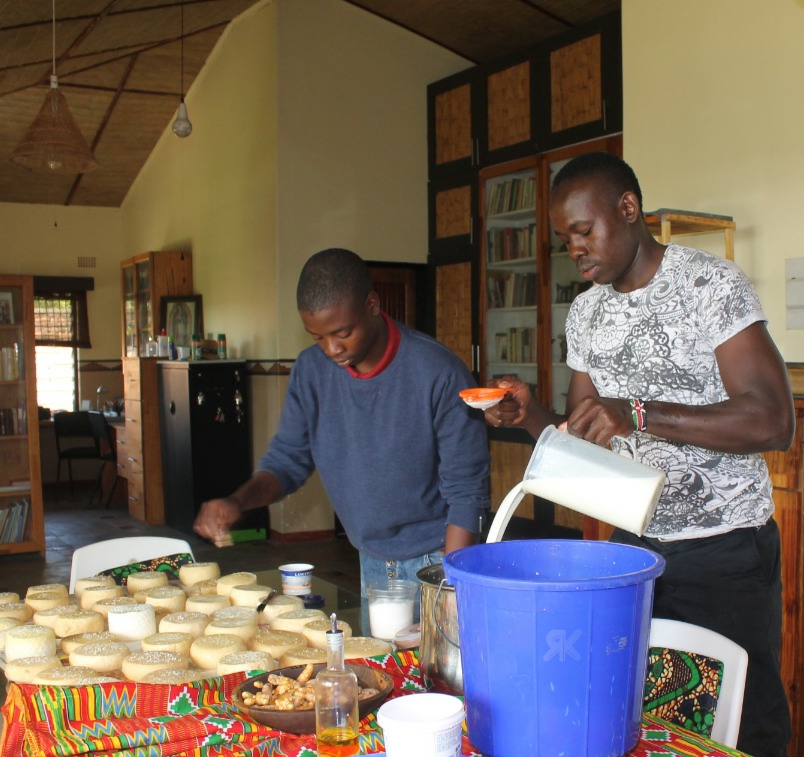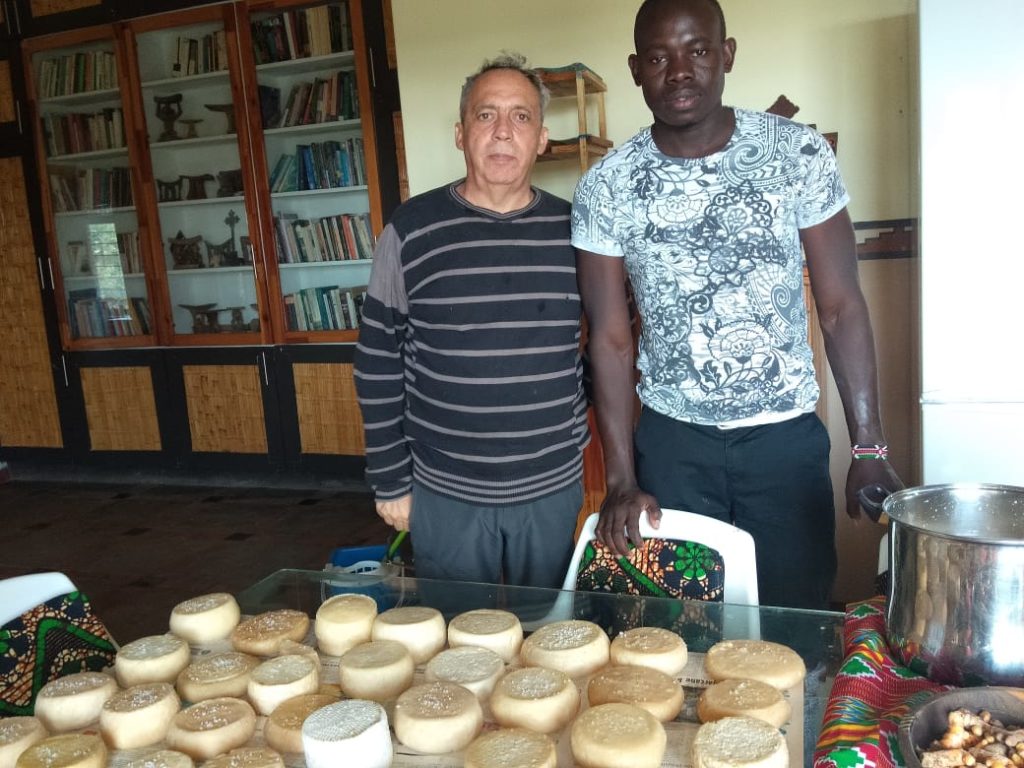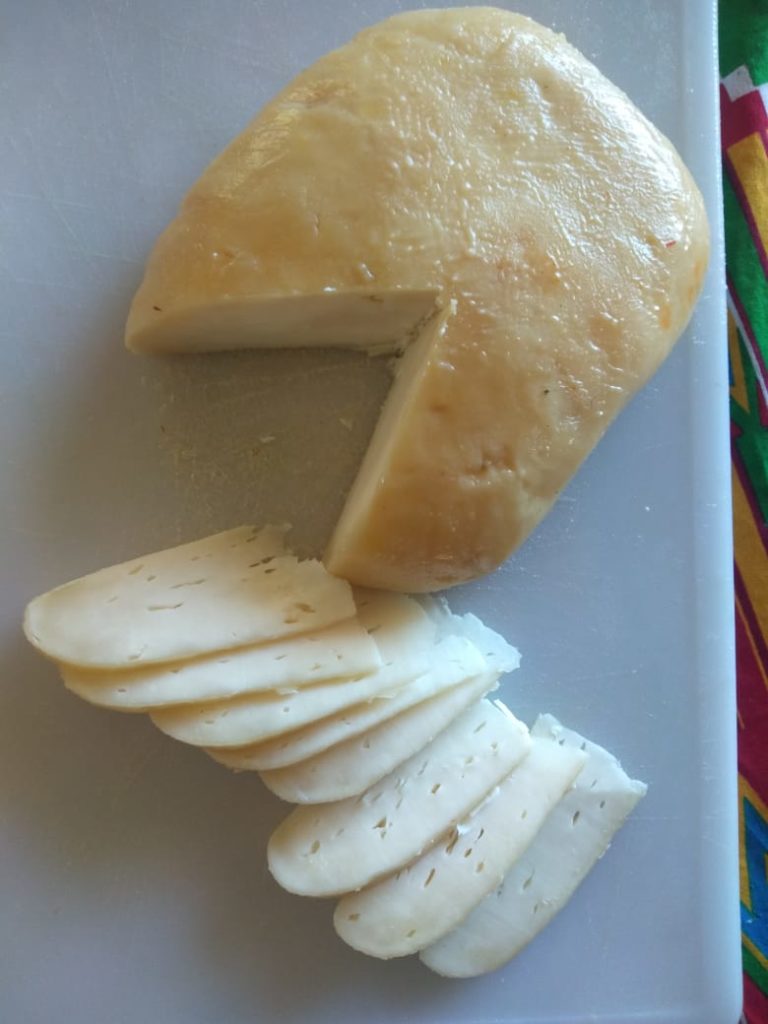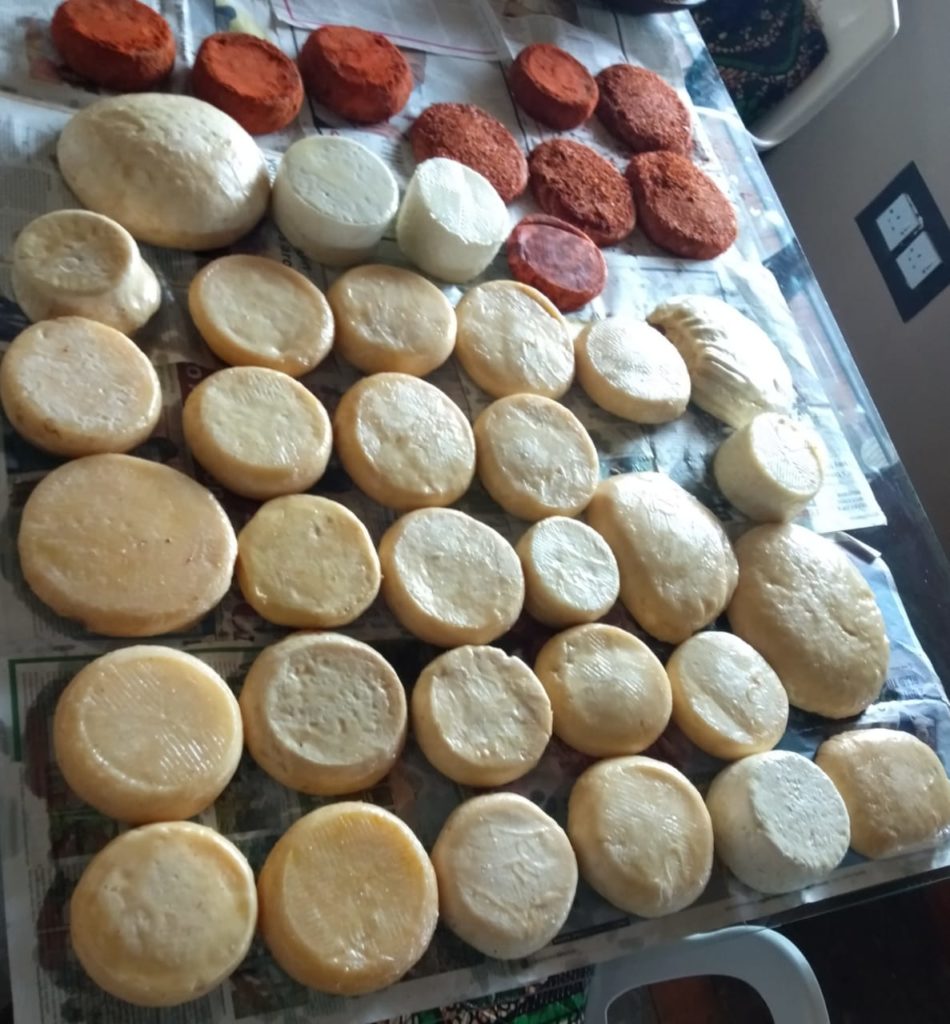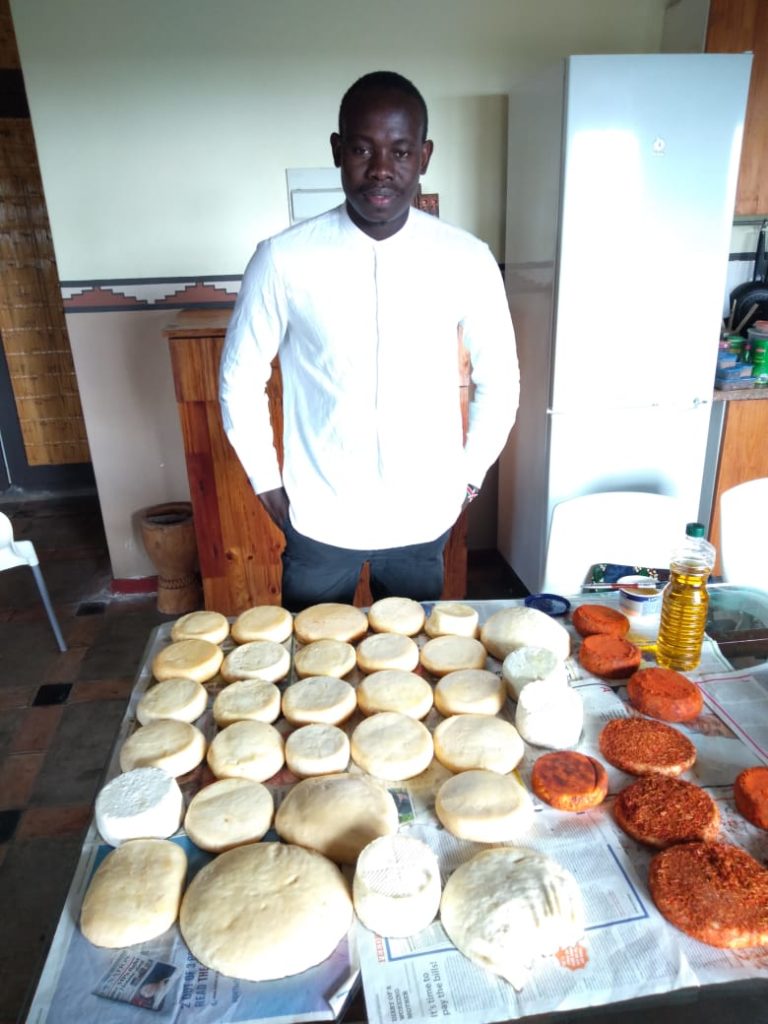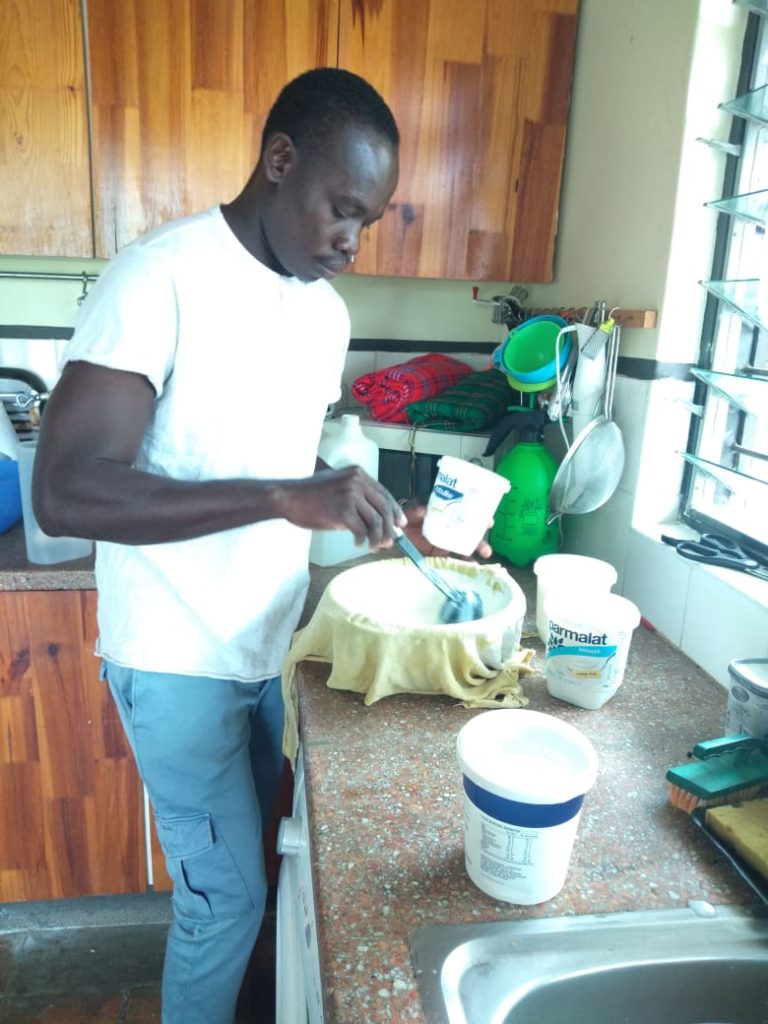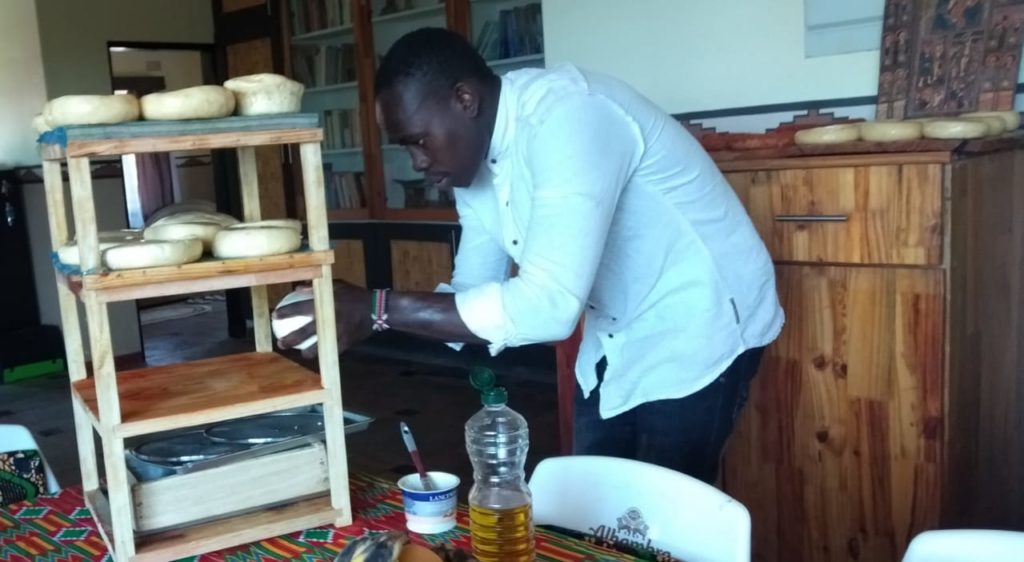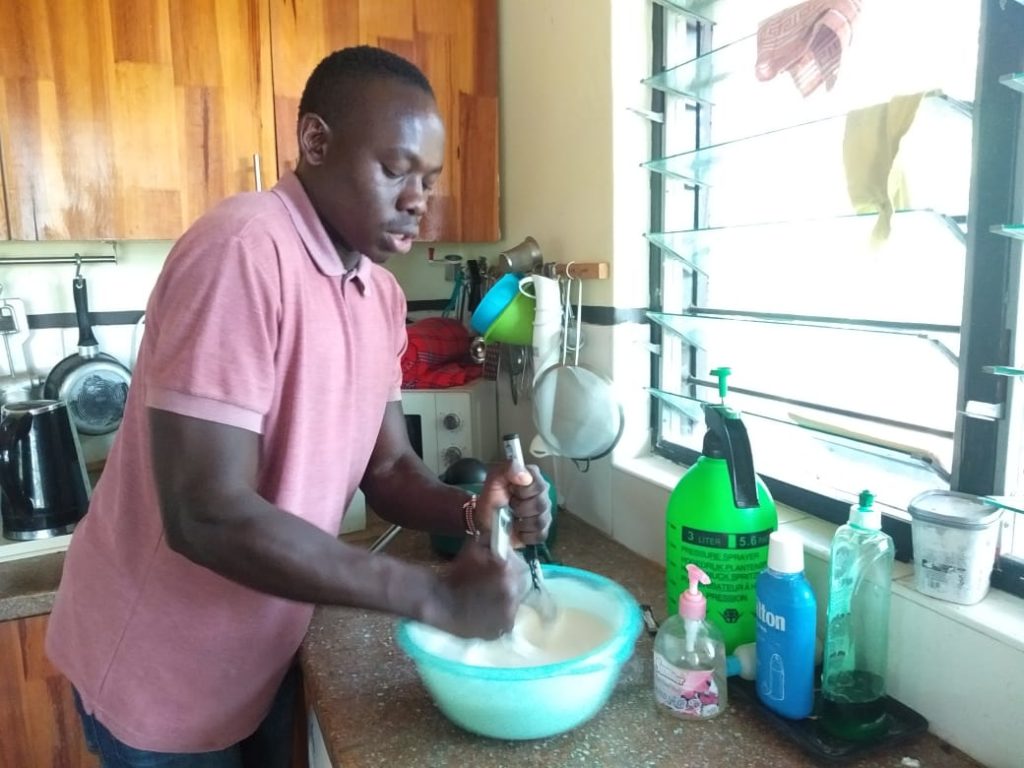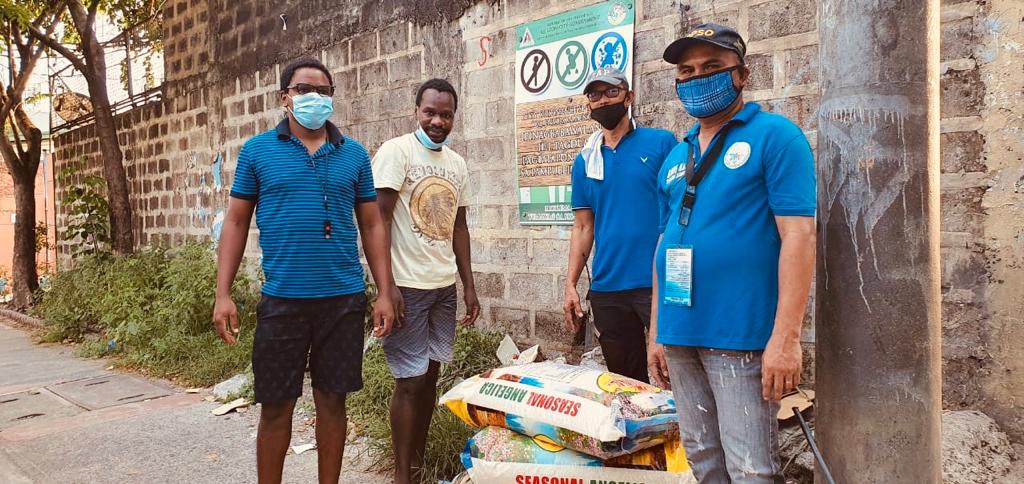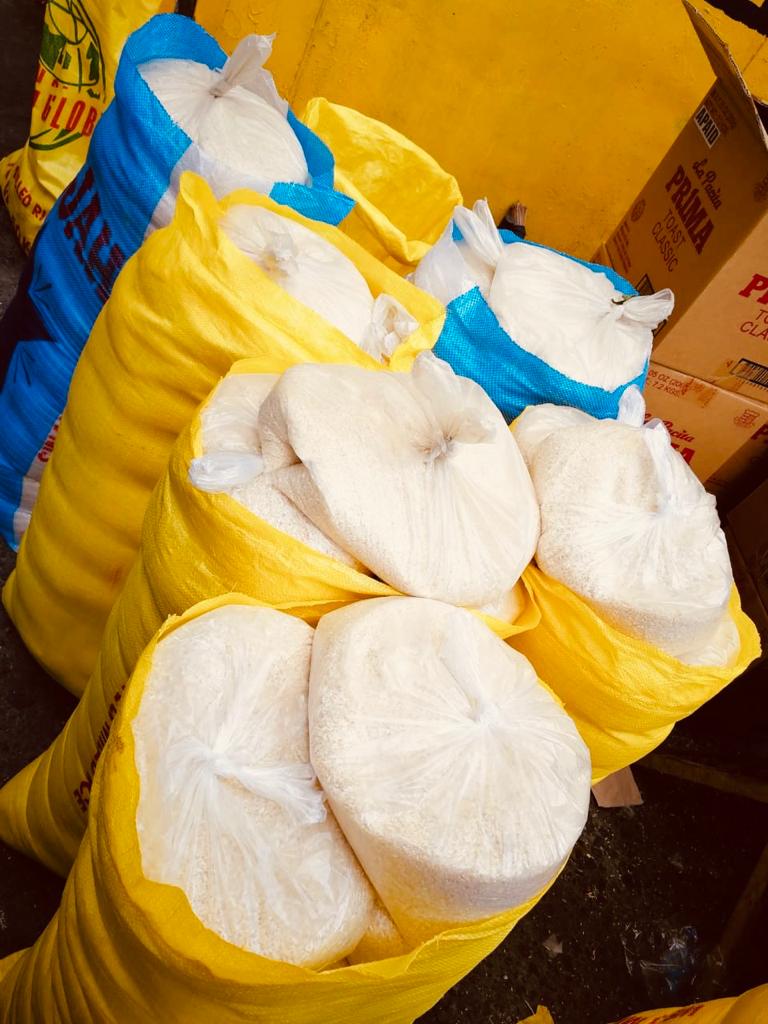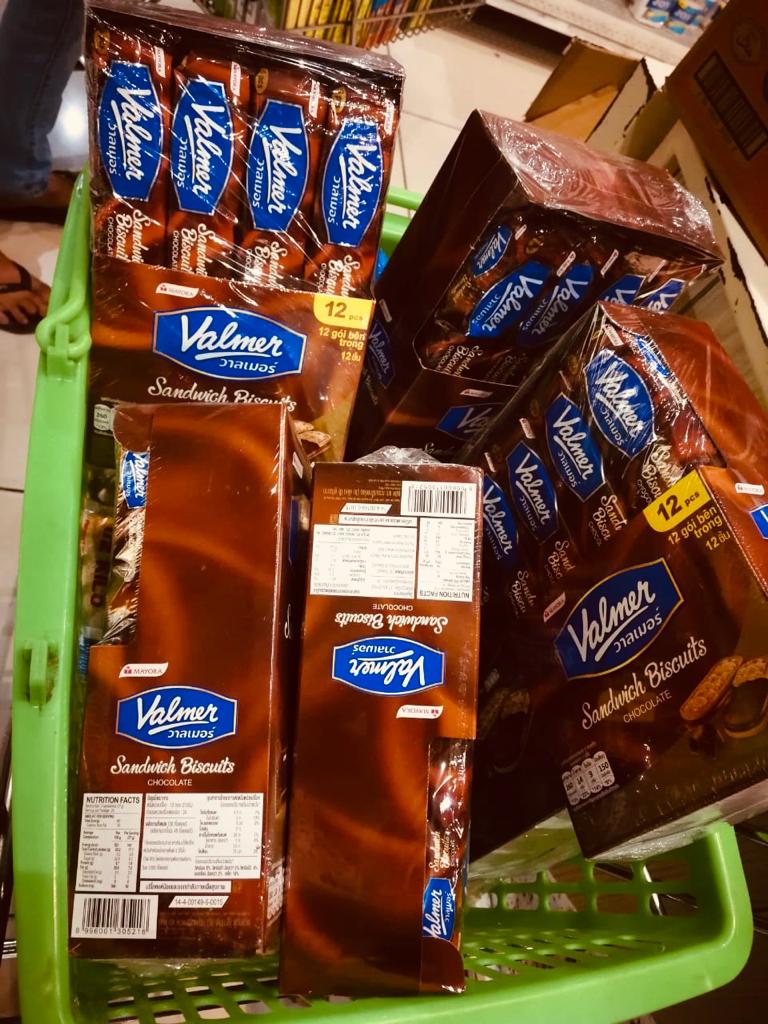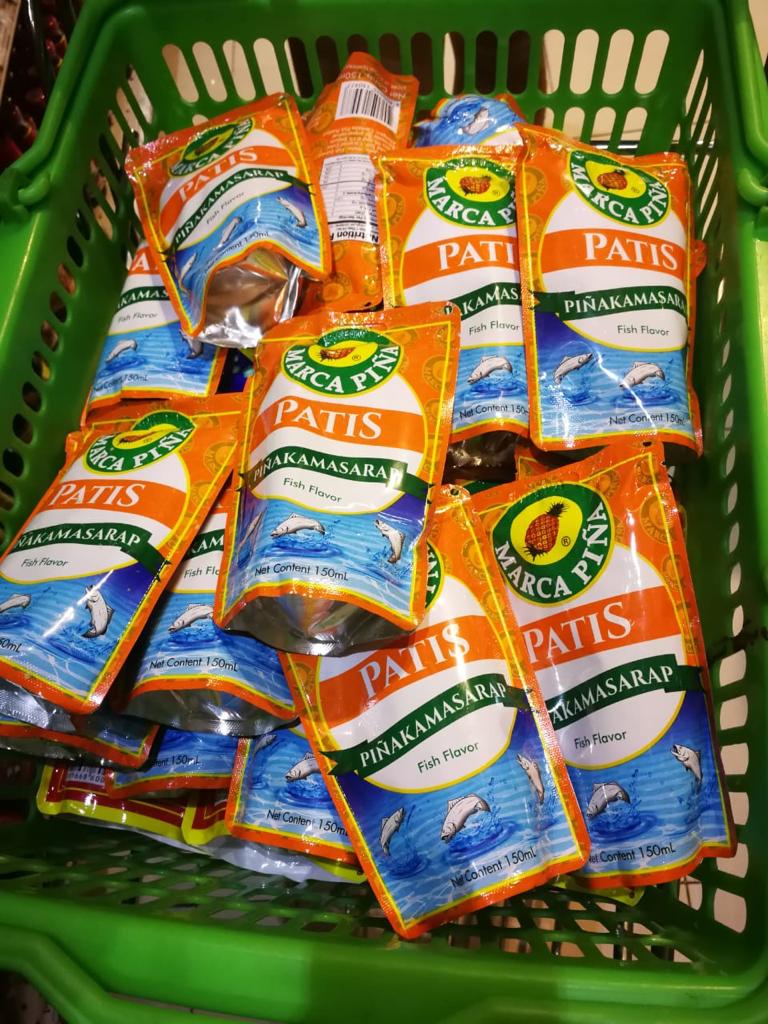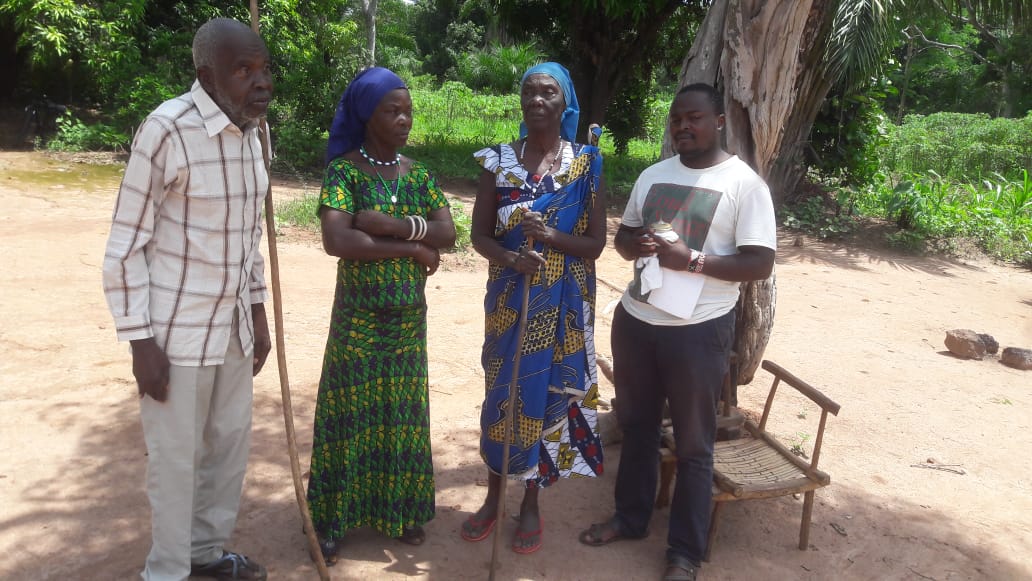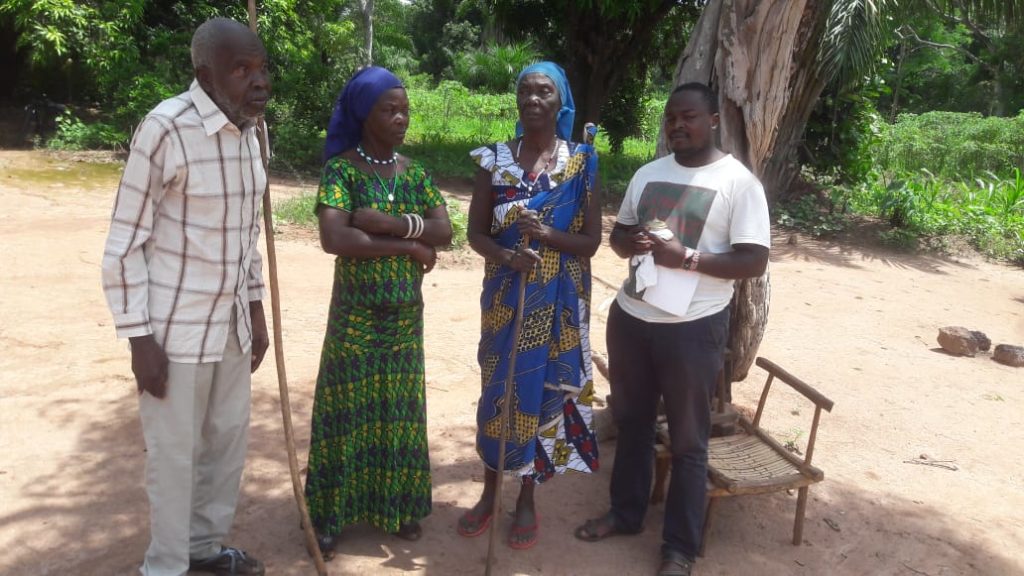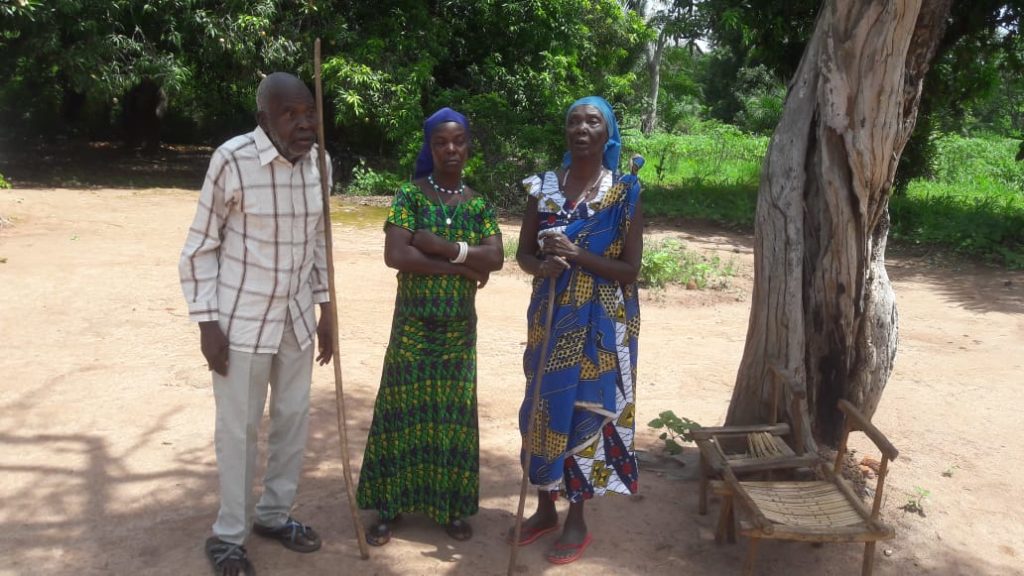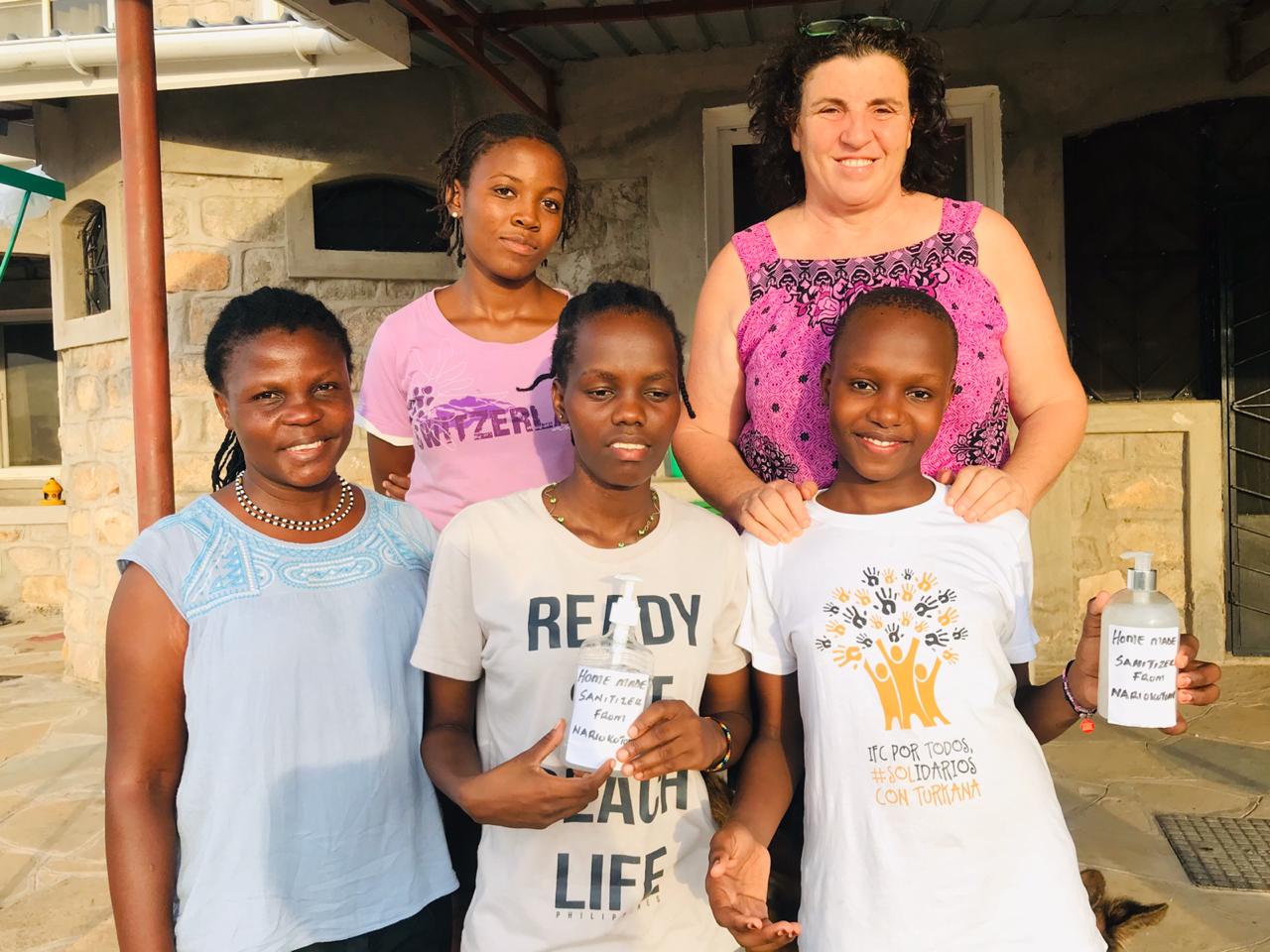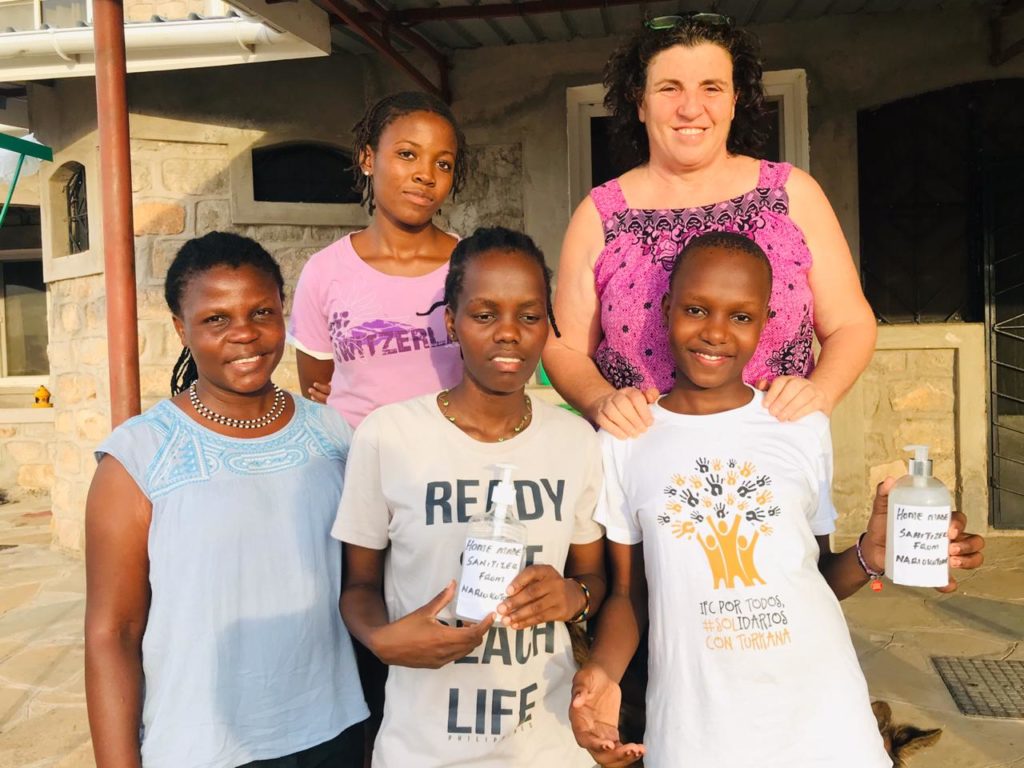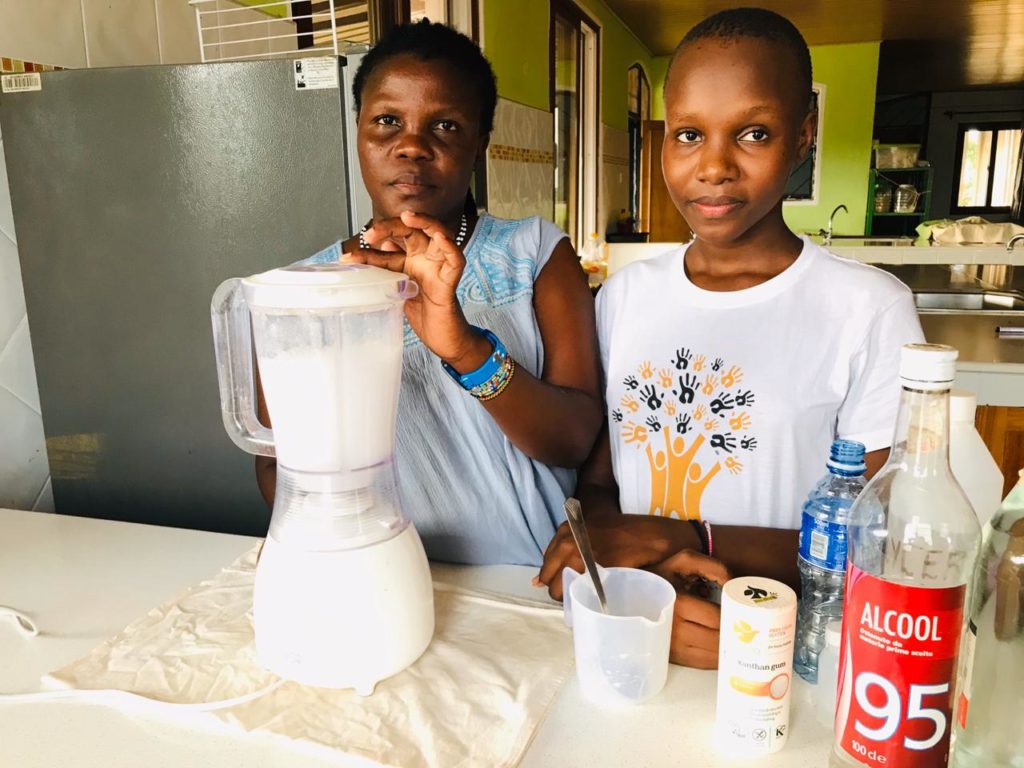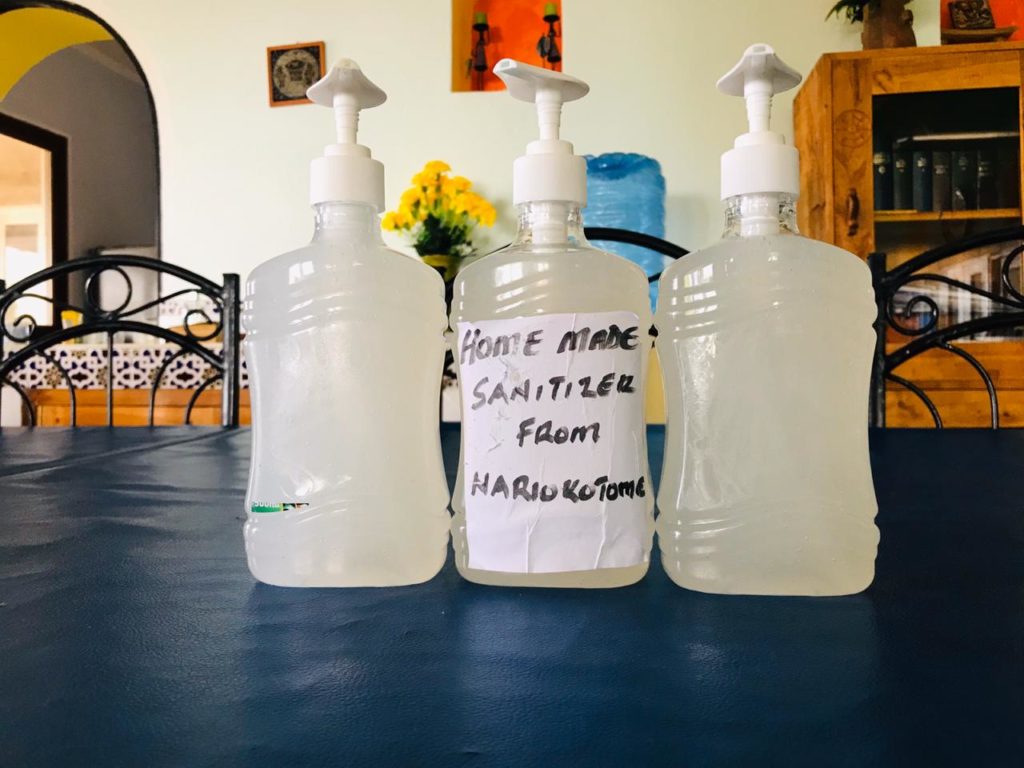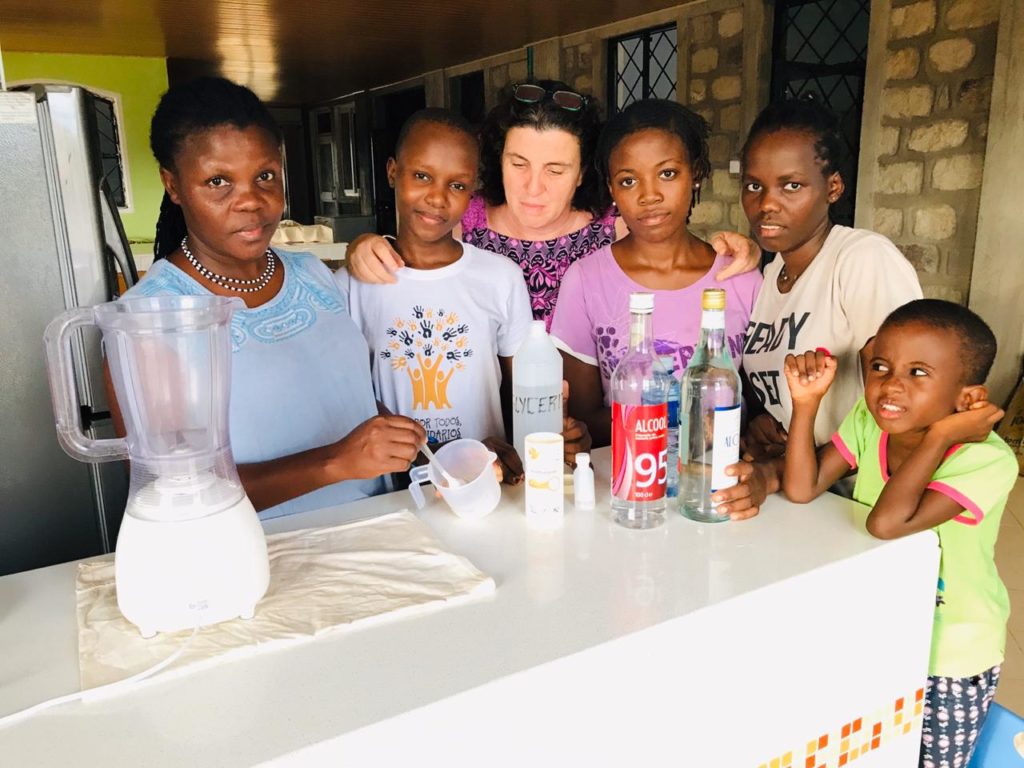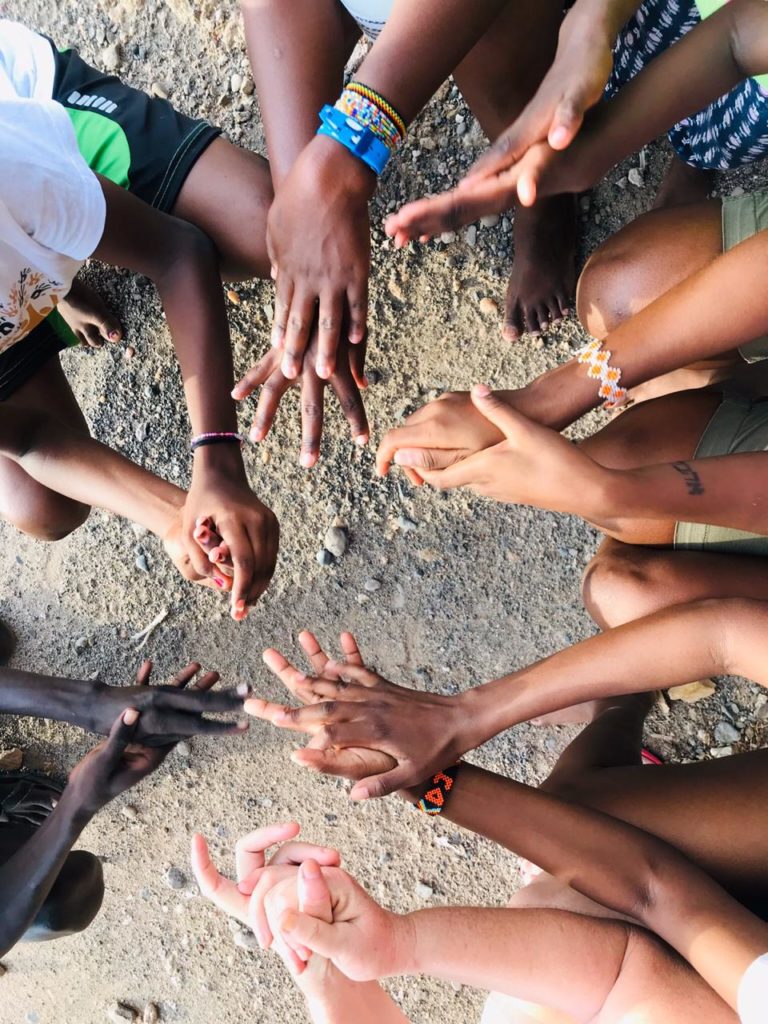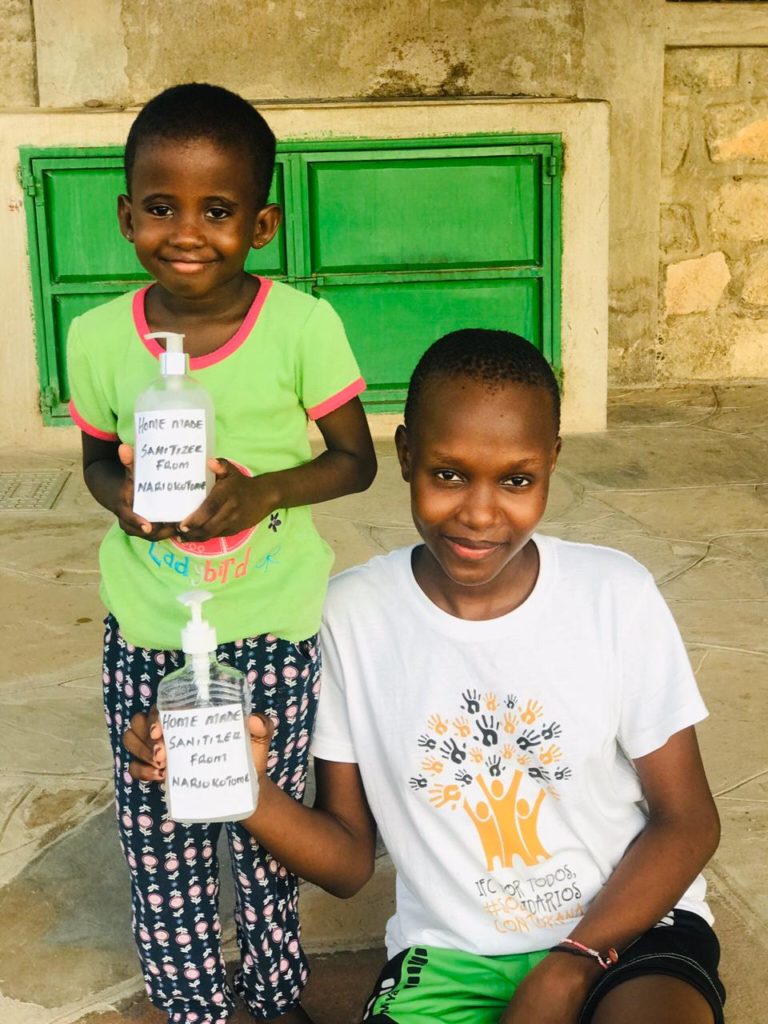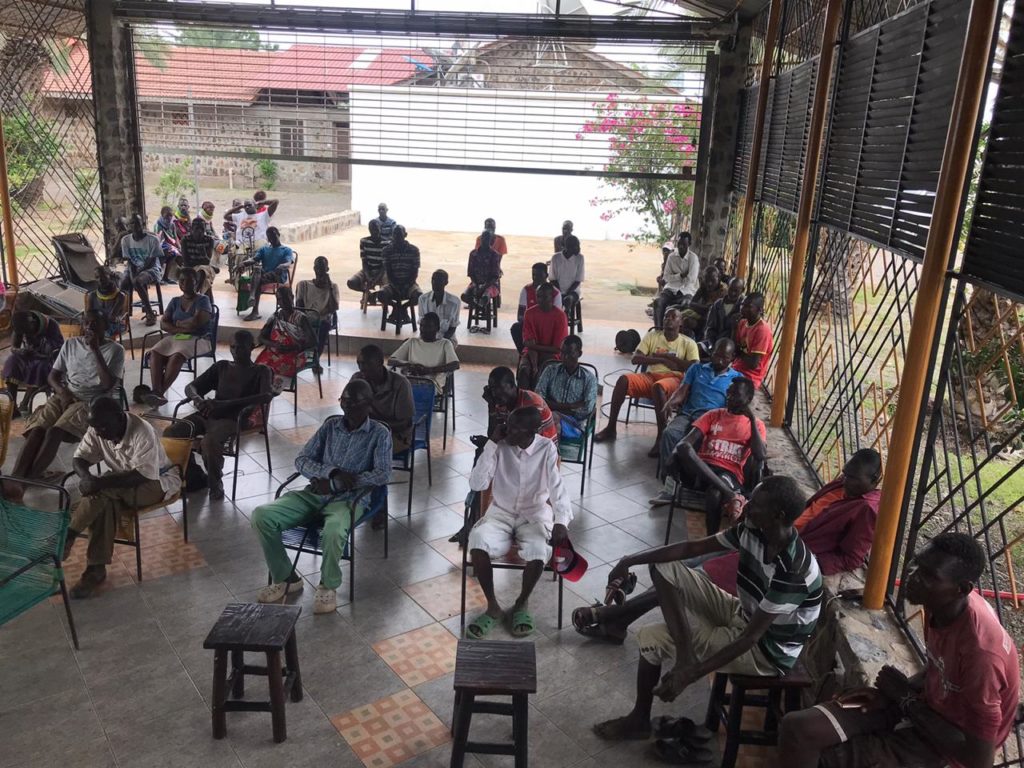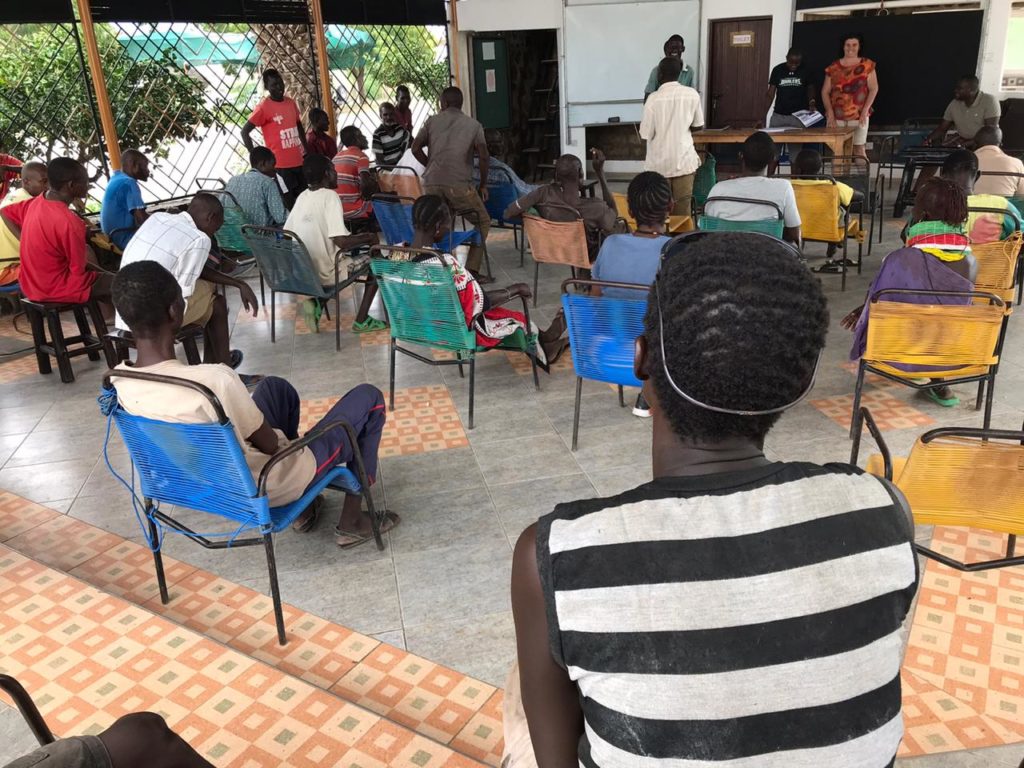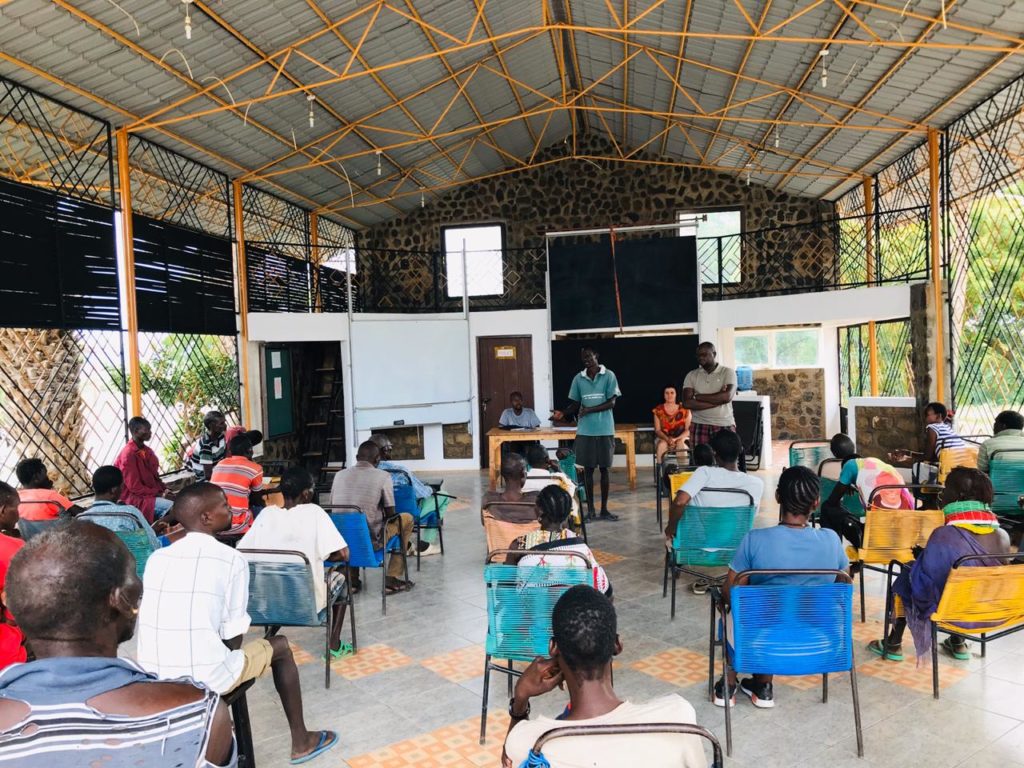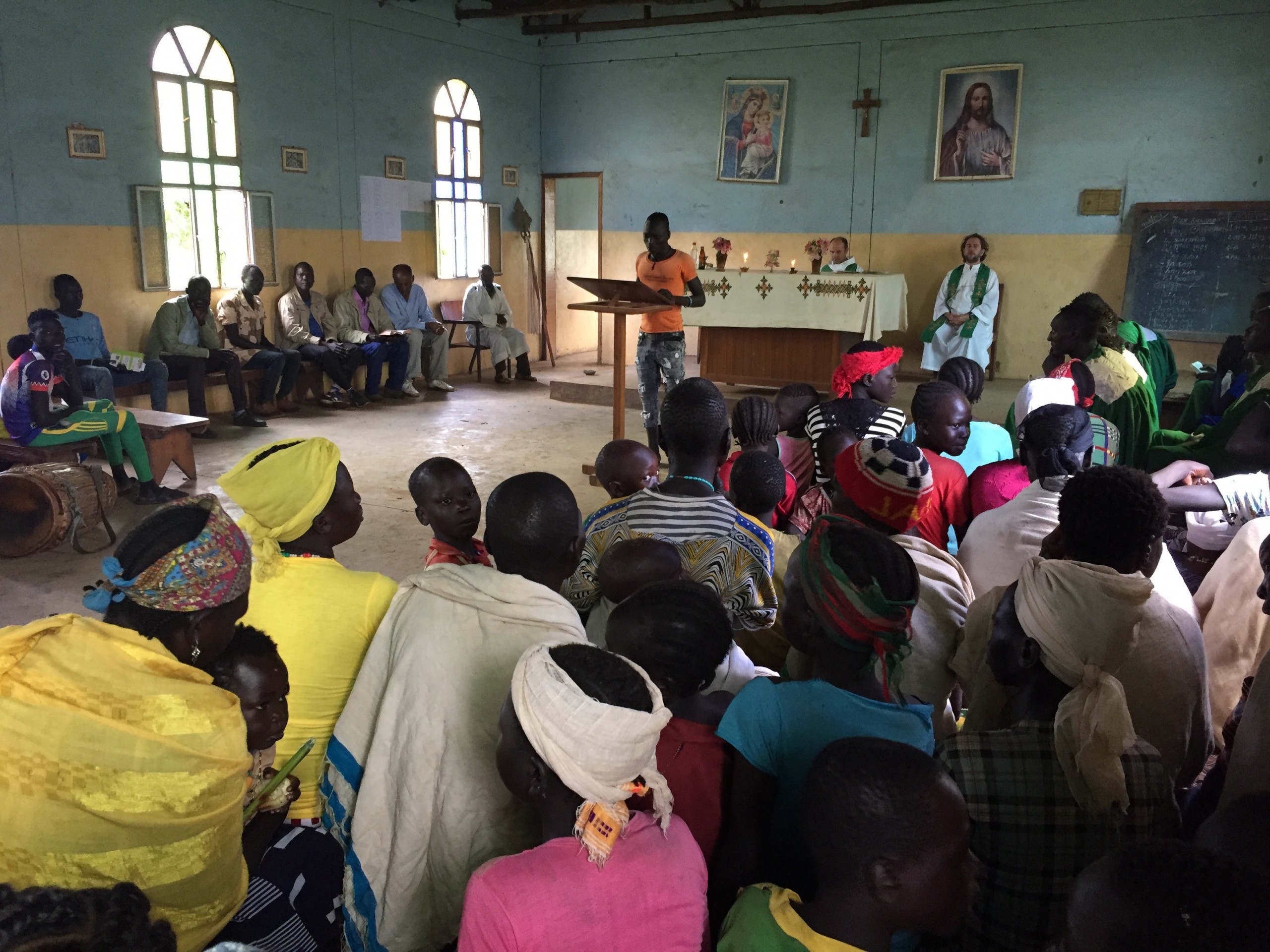
Sharing the Sunday Eucharist with the Gumuz in Angar Guten Valley
10 October 2020 Posted by angel Mission, News 0 thoughts on “Sharing the Sunday Eucharist with the Gumuz in Angar Guten Valley”The Missionary Community of Saint Paul the Apostle and Mary, Mother of the Church (MCSPA) is present in Ethiopia, since 1993, through the invitation of Mons. Fikremariam, Bishop of the Apostolic of Vicariate of Nekemte.
Since then, has been running a public health project including medical and preventive health, environmental health, training of the staff, nutritional rehabilitation, pre-scholar education, agricultural and water resources development, in Angar GutenValley.
This Valley is located in Oromia region, in East Wollega Zone, has an extension of 15,000 km2; the total population is 80,000 people. The valley has different ethnic groups that came different parts of Ethiopia.
The important groups are the Amhara (70%), Oromo (13,8%), Gumuz (9,9%) and Tigray (6,3%). Though now a minority, the Gumuz are the original inhabitants of the valley. They are a Nilo-saharan ethnic speaking group, inhabiting the Benishangul-Gumuz Region and Qwara woreda in Western Ethiopia, as well as the Fazogli region in Sudan.
In Angar Guten we have the Gumuz in a village called Anger Meti and Badessa, most of them are Christians, and among them many are Catholics.
Last week we joined them for Sunday mass celebration. The church was full of men, women, young people and children, there was a group of young people mixed, boys and girls that were singing, drumming, and dancing with joy and happiness, there was a wonderful mixture of colors, sounds, rhythms in the church.
Let us hope that the beautiful experience of the Eucharist be celebrated more widely in our Church.
Lydia Obok, MCSPA.
